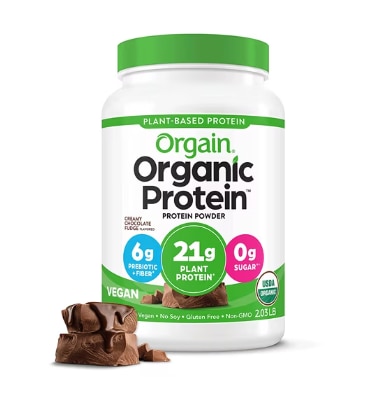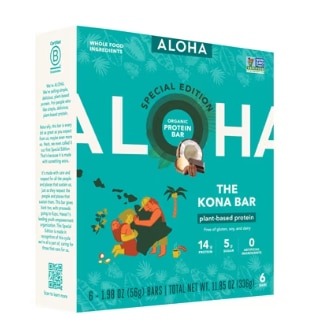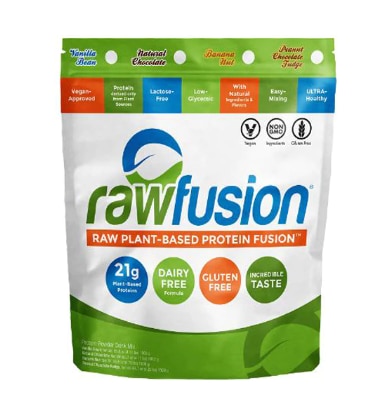If you love eating protein-rich foods – especially plant-based fare – you now have a great reason to indulge.
Diets rich in protein are tied to a lower risk of death from any cause, according to a study recently published in the journal The BMJ. And the effect is especially pronounced when the protein comes from plant-based foods.
Sharon Palmer— a registered dietitian nutritionist known as the Plant-Powered Dietitian who was not associated with the study – says plant proteins are packed with nutrients that boost your health, including fiber, minerals, vitamins, healthy fats and phytochemicals.
“Many of these are unique to the plant kingdom,” Palmer says.
She notes that plant-based fiber and phytochemicals help reduce the risk of cancer, heart disease, type-2 diabetes and obesity.
The benefits of plant-based protein
Protein can be found throughout your body. It plays a key role in the health of your muscles, bones, skin and hair.
The research published in The BMJ found that consuming plant proteins was associated with an 8% lower risk of all-cause mortality and a 12% lower risk of cardiovascular disease mortality.
Plant proteins boost your health by helping the body maintain good blood pressure, cholesterol and blood-sugar readings, the researchers say.
By contrast, some meat-based sources of proteins can trigger health risks due to their saturated fat content, Palmer says. High levels of iron and compounds formed during the processing, preparing and curing of meats also contribute to health issues, she adds.
Choosing high-protein plant foods
Palmer says the best sources of plant-based proteins include:
Nuts and seeds are also excellent sources of plant-based proteins and are “filled with fiber and healthy fats too,” Palmer says. Whole grains and vegetables round out your plant-based protein intake.
The American Heart Association also offers a roll call of plant-based foods that are rich in protein. They include:
- Artichokes
- Asparagus
- Broccoli
- Brussels sprouts
- Collards
- Corn
- Mushrooms
- Potatoes
- Peppers
- Quinoa
- Spinach
- Sweet potatoes
- Turnip greens
Plant-based proteins offer other benefits that go beyond good health.
“They are the most sustainable protein sources — they take less land, water and fertilizers to produce,” Palmer says. “They are also budget-friendly.”
Getting the most from plant-based proteins
While the study authors stress that additional research is needed, they say their initial findings “strongly support” the recommendation of many experts that people increase their intake of plant proteins.
Proteins are made up of chains of amino acids. There are nearly two dozen such acids, and many of these are not synthesized by the body and must be obtained from diet.
You can get all of these “essential” amino acids from animal sources. But it is trickier to do this in a plant-based diet, as most plant foods lack or are deficient in at least one of these essential amino acids.
So, if you plan to switch to a strictly plant-based diet, consider consulting with a nutritionist to make sure you are getting your full intake of amino acids.
Palmer says it is better not to lean too heavily on isolated products – such as powders and extracted sources – when getting your sources of plant-based proteins.
“It’s a good idea to get most of your plant protein from whole sources, such as beans, tofu, nuts, seeds,” she says.
She urges you to include a protein-rich food source at each meal. “And fit in some protein-rich foods for snacks, such as hummus, smoothies, nut butter on toast,” she says.




